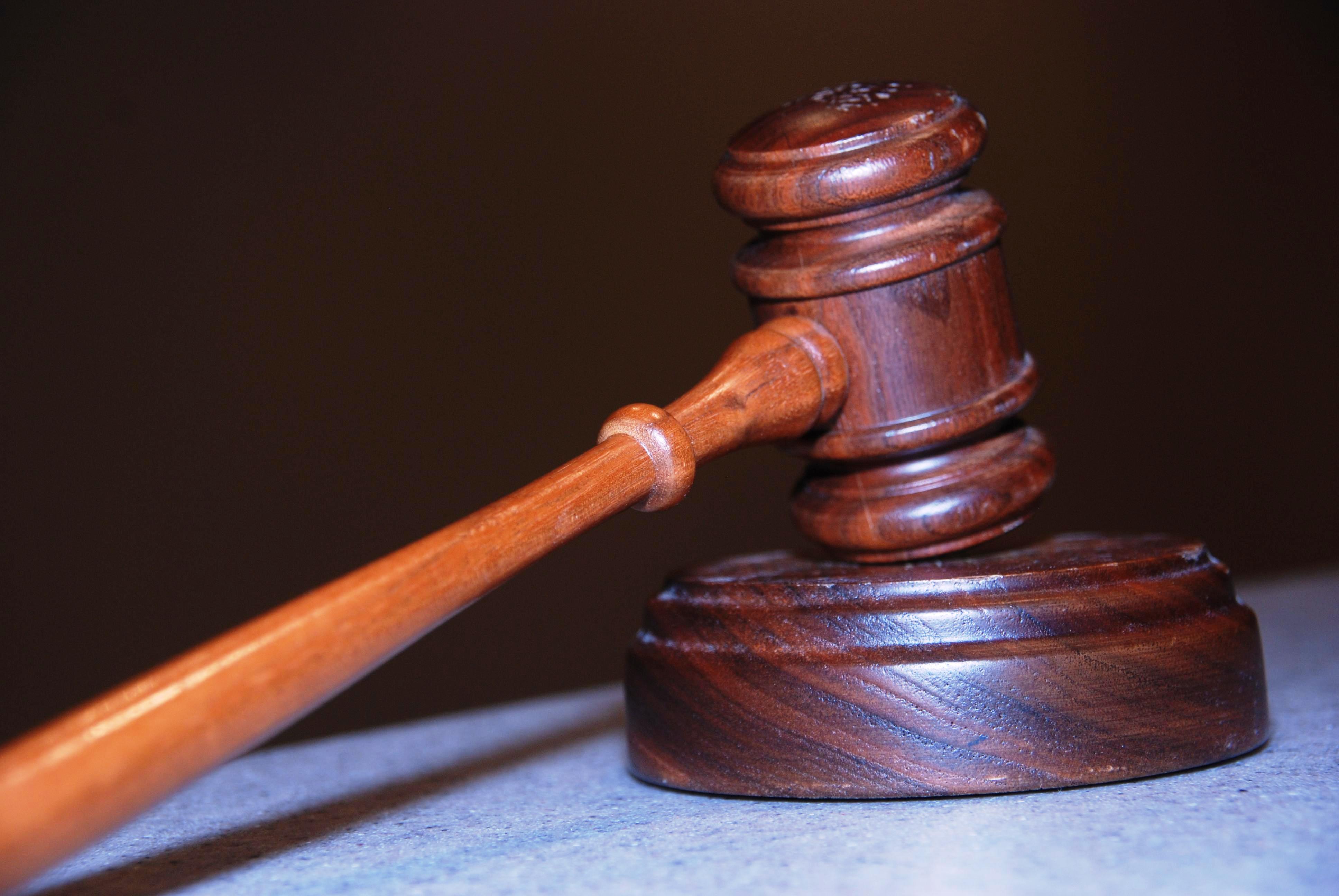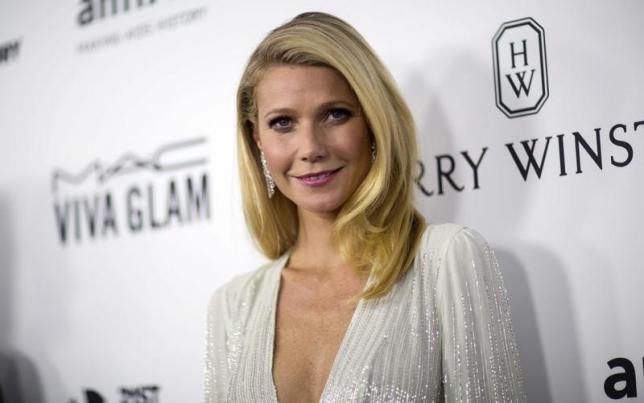
The Judicial Commission of Pakistan (JCP) is going to convene on July 2 to nominate the next chief justice of the LHC. The JCP will consider the names of Justice Shujaat Ali Khan, Justice Ali Baqar Najafi and Justice Aalia Neelum.
According to a report published in The Express Tribune on June 9, the JCP in its last meeting deliberated on the elevation of Justice Neelum as the next chief justice of the LHC.
Justice Shujaat Ali Khan is the senior puisne judge in the LHC, while Justice Neelum is third in the seniority list of the LHC after the elevation of incumbent LHC CJ Malik Shahzad Ahmad Khan and Justice Shahid Bilal Hassan to the Supreme Court.
Although it is not a constitutional requirement to appoint the senior puisne judge of a high court as the next chief justice, all senior puisne judges have been appointed as the CJs since the change of procedure in the appointment of superior court judges through the 18th Constitution Amendment in 2010.
Justice Shujaat Ali Khan may take oath as the acting LHC chief justice for some time. However, a JCP meeting will be summoned soon to nominate the new LHC chief justice.
Both the government representatives—the attorney general for Pakistan and the law minister—agreed on the consideration of Justice Neelum as the new LHC CJ.
However, according to some sources, one section within the government is still campaigning for the elevation of Justice Najafi as the next LHC chief justice.
Justice Shujaat Ali Khan will retire on April 26, 2026, while Justice Najafi is retiring on September 14, 2025. Justice Aalia Neelum will serve until November 11, 2028. If elevated, Justice Neelum will be the first female chief justice of the LHC. She is known as a judge with expertise in criminal laws.





















COMMENTS
Comments are moderated and generally will be posted if they are on-topic and not abusive.
For more information, please see our Comments FAQ